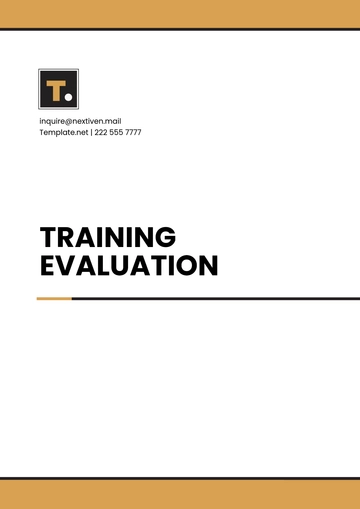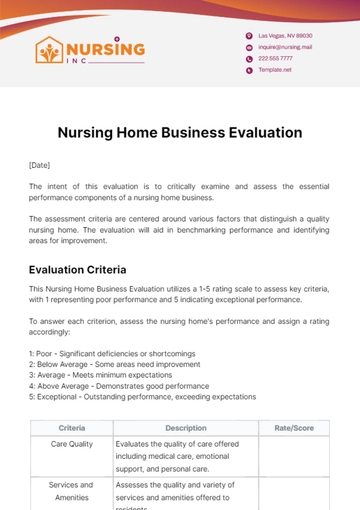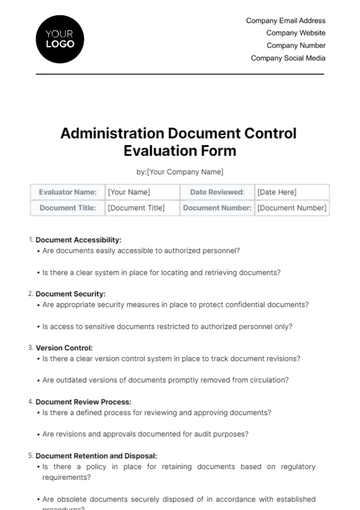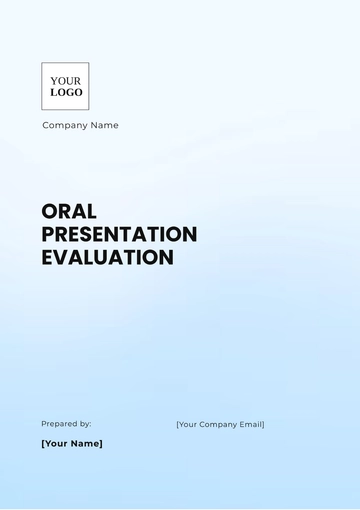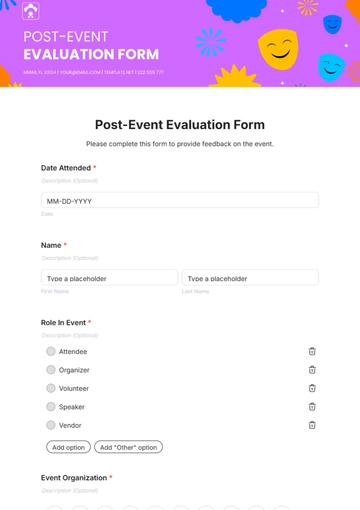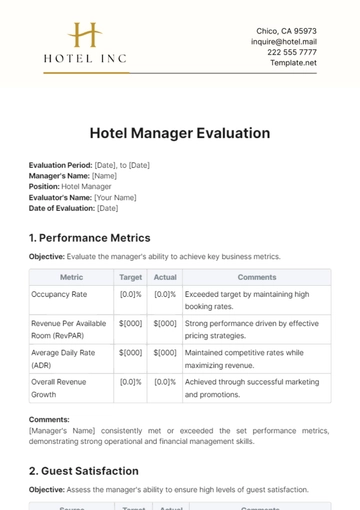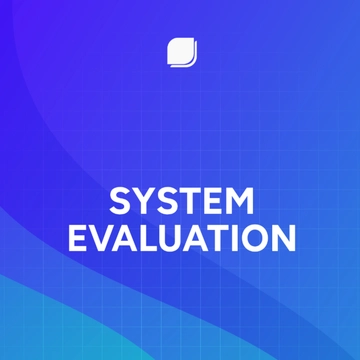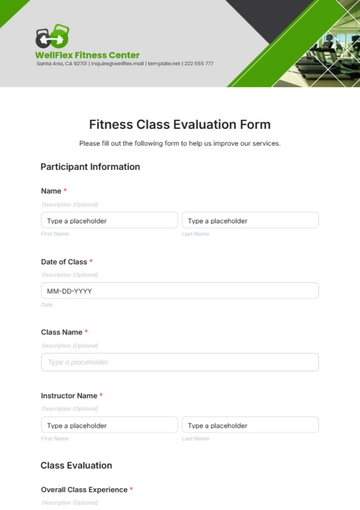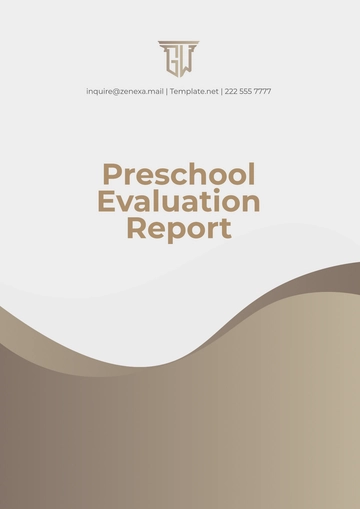Free Infant Feeding Evaluation
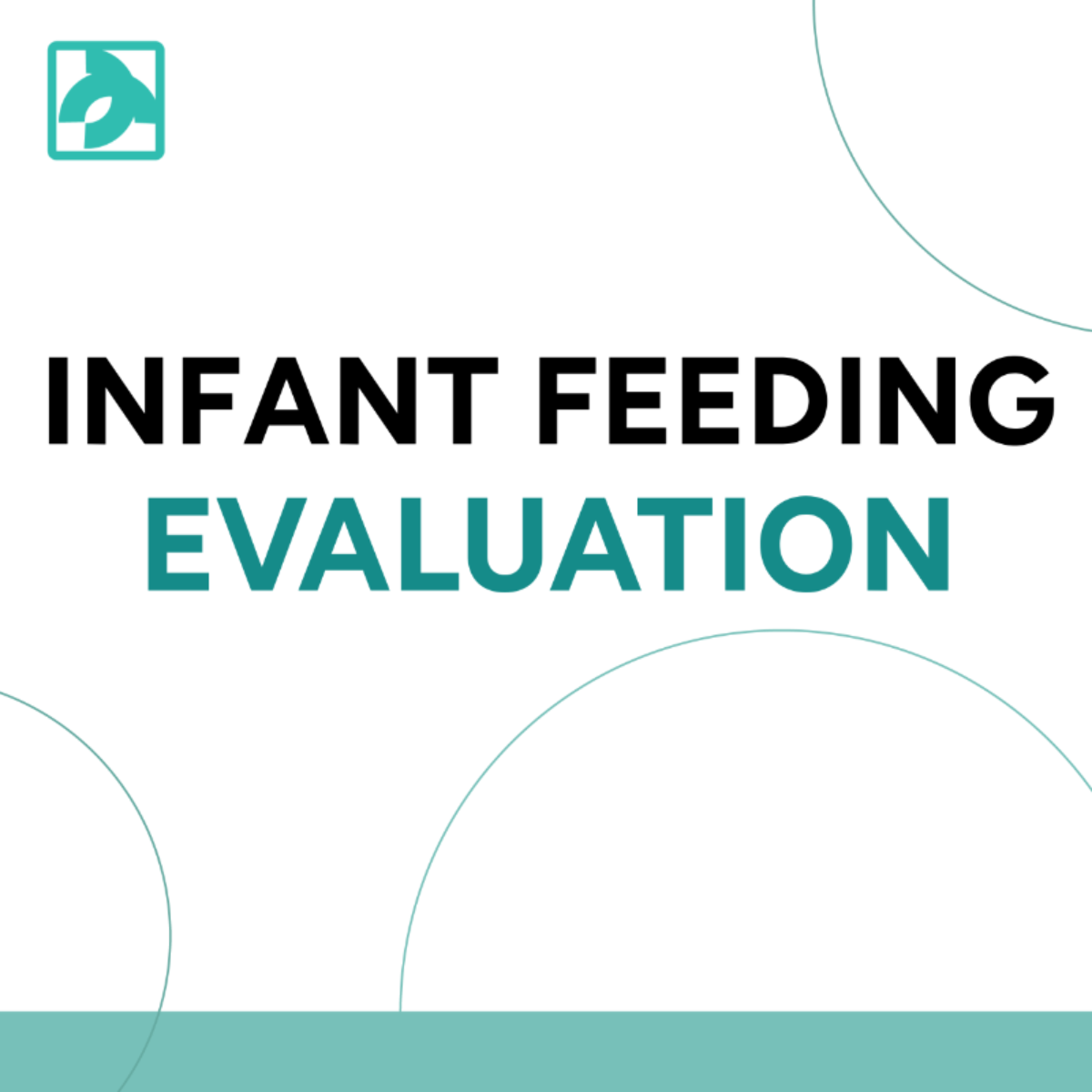
Infant Information
Date | January 20, 2055 |
Infant's Name | [Insert Infant's Name] |
Date of Birth | [Insert Date of Birth] |
Gender | [Insert Gender] |
Purpose
The purpose of this evaluation is to assess an infant's feeding behaviors, nutritional intake, and growth patterns. By gathering this information, healthcare providers can identify any areas of concern and provide appropriate support or intervention as needed.
Overview of the Evaluation
This evaluation consists of several criteria to assess various aspects of infant feeding, including feeding behaviors, nutritional intake, and growth patterns. Each criterion focuses on different aspects of infant feeding and provides insights into the infant's overall nutritional status.
Instructions
Please carefully review each criterion and provide your observations or assessments accordingly. Consider the infant's feeding behaviors, nutritional intake, and growth patterns when evaluating each aspect of the evaluation. Specific examples and comments are encouraged to provide a comprehensive assessment.
Rating Scale
1 - Poor: The infant demonstrates significant challenges or deficiencies in the criterion being evaluated. There are noticeable concerns that require immediate attention.
2 - Fair: The infant shows some challenges or deficiencies in the criterion being evaluated, but they are manageable with support or intervention. Improvement is needed.
3 - Adequate: The infant meets basic expectations in the criterion being evaluated. There are no significant concerns, but some areas may benefit from further attention or improvement.
4 - Good: The infant demonstrates strong performance in the criterion being evaluated. They meet expectations and show proficiency in this area.
5 - Excellent: The infant exhibits exceptional performance in the criterion being evaluated. They exceed expectations and demonstrate mastery in this area.
Criteria | Time | Description | Rating |
|---|---|---|---|
1. Feeding Behaviors | Morning | Observation of the infant's feeding behaviors, including sucking, swallowing, and feeding cues. | |
2. Nutritional Intake | Morning | Assessment of the infant's nutritional intake, including breast milk, formula, and solid foods if applicable. | |
3. Feeding Challenges | Afternoon | Identification of any challenges or difficulties encountered during feeding, such as reflux or feeding aversion. | |
4. Developmental Milestones | Afternoon | Observation of the infant's developmental milestones related to feeding, such as self-feeding or chewing. | |
5. Growth Patterns | Evening | Evaluation of the infant's growth patterns, including weight gain, length/height, and head circumference. | |
6.Parent/Caregiver Support | Evening | Assessment of the parent or caregiver's support and involvement in infant feeding practices. | |
7. Nutritional Recommendations | Evening | Recommendations for optimizing the infant's nutritional intake based on assessment findings. |
Additional Comments and Notes |
- 100% Customizable, free editor
- Access 1 Million+ Templates, photo’s & graphics
- Download or share as a template
- Click and replace photos, graphics, text, backgrounds
- Resize, crop, AI write & more
- Access advanced editor
Support infant care with the Infant Feeding Evaluation Template from Template.net. This editable form streamlines the assessment of feeding practices and infant nutritional intake. Customizable to various childcare settings and editable in our Ai Editor Tool, it empowers caregivers to monitor feeding behaviors, address concerns, and promote healthy infant development effectively.



